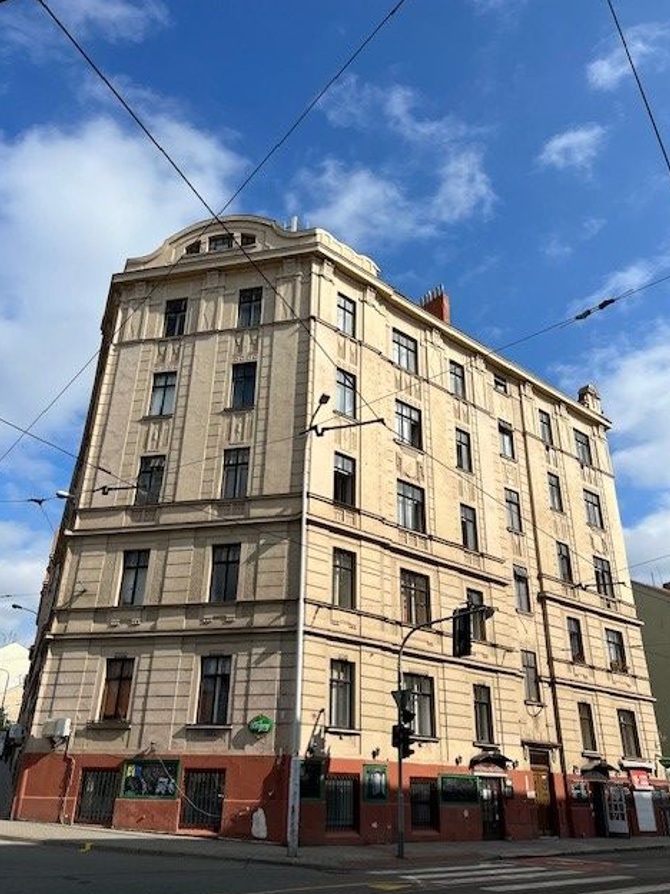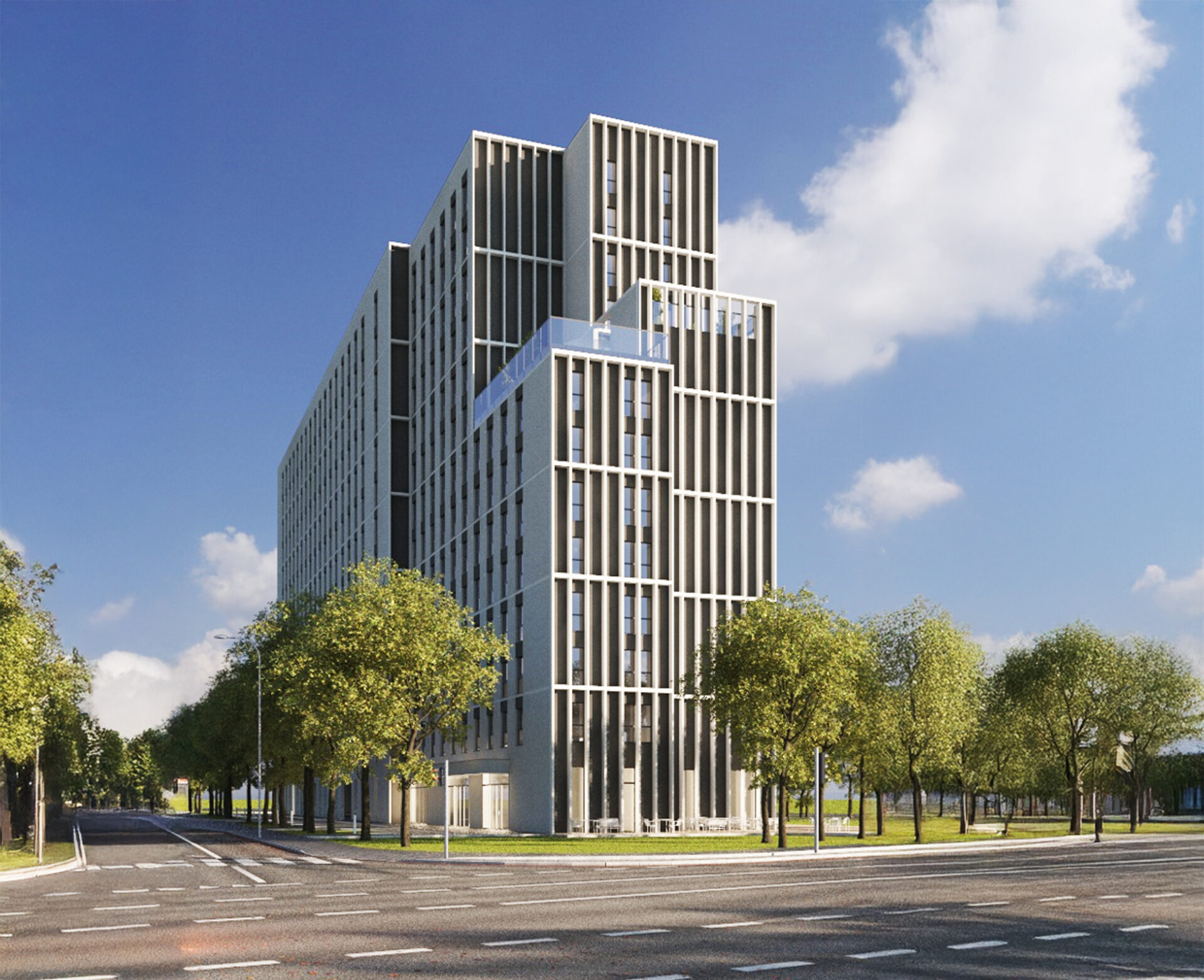The total investment in commercial real estate assets, encompassing office spaces, retail establishments, logistics and industrial spaces, and hotels, across Poland, Czech Republic, Hungary, Slovakia, and Romania, amounted to a mere €5.1 billion in 2023. This figure represents the lowest annual amount recorded in the past decade. Poland, Romania and Slovakia experienced the most significant decline in annual volumes, witnessing a drop of approximately 60 percent year-on-year. There was a comparatively smaller decrease in the annual investment volumes in the Czech Republic, with a 27 percent reduction, while Hungary experienced a decline of 30 percent year-on-year, as reported by data from iO Partners in collaboration with JLL.
In 2023, the total transactional volume in the five aforementioned countries saw a substantial 54 percent decrease compared to 2022. The gloomy market sentiment in 2023 was a global phenomenon in commercial real estate markets, driven by tight financial conditions and a deteriorating economic outlook. Persistent high inflation, and elevated capital costs in the aftermath of the COVID-19 pandemic, coupled with higher vacancy rates and slower rent growth, prompted increased caution among all market participants, including lenders, vendors, and purchasers, leading to a significant pullback in activities.
“2024 began on a more positive note with forecasts of a stronger economy globally as well as in CEE, expectations of decreasing cost of borrowing and robust performance from the stock markets. This is also reflected in more intense transactional activity in the real estate market at the start of the year, enabling us to foresee improved liquidity and new price benchmarks that should reduce the bid-ask spread going forward,” commented Andrei Văcaru, CEE Head of Capital Markets at iO Partners.
Within the four countries covered by iO Partners, Romania saw a sharp contraction in investment activity across all asset classes, including a reduction in the number and size of individual transactions. It is noteworthy that the Romanian market performed exceptionally well in 2022, reaching a record high of €1.2 billion, setting a high baseline for the year-on-year comparison. However, Romania stands out as having achieved the highest transaction in terms of volume, namely LCP’s acquisition of a portfolio comprising 25 retail parks nationwide from Mitiska REIM, successfully intermediated by the iO Partners Capital Markets team.
An apparent trend is the obvious scarcity of large-ticket transactions—those exceeding the €100 million mark. This shortage has significantly impacted the annual transaction volumes. While nine portfolio deals surpassing this threshold were recorded in 2022, contributing to an approximate total of €1.7 billion, the landscape changed in 2023, witnessing only four transactions above the €100 million mark, totalling approximately €750 million. The observable shift in investor focus towards smaller ticket-size deals, which are more easily financeable, comes as no surprise in a high-interest rate environment. This strategic adjustment reflects the pragmatic response to prevailing market conditions.
In reaction to markedly reduced liquidity and challenging financing conditions, swift repricing has been observed across all commercial real estate asset classes in the region. Prime yields have undergone year-on-year shifts ranging from 50 to 100 basis points in nearly every asset class, potentially reaching their zenith to present a more appealing return profile in the prevailing high-interest rate environment.
Shifting focus towards Poland, it’s noteworthy that it experienced a significant downturn in investment market activity throughout 2023, reaching its lowest since 2009, with a total transaction volume of approximately €2.0 billion. Particularly, the industrial sector dominated with a turnover of €967 million, highlighted by NREP’s landmark acquisition of an 80 percent stake in 7R.
“We are noticing signs of progress in the CEE region, such as reduced interest rate fluctuations, decreasing inflation rates, and stable property values. Those determinants will affect the confidence of lenders and facilitate increased market participation ultimately driving market growth in the upcoming year,” added Dmytro Havrylenko, Head of Capital Markets, JLL Poland.







